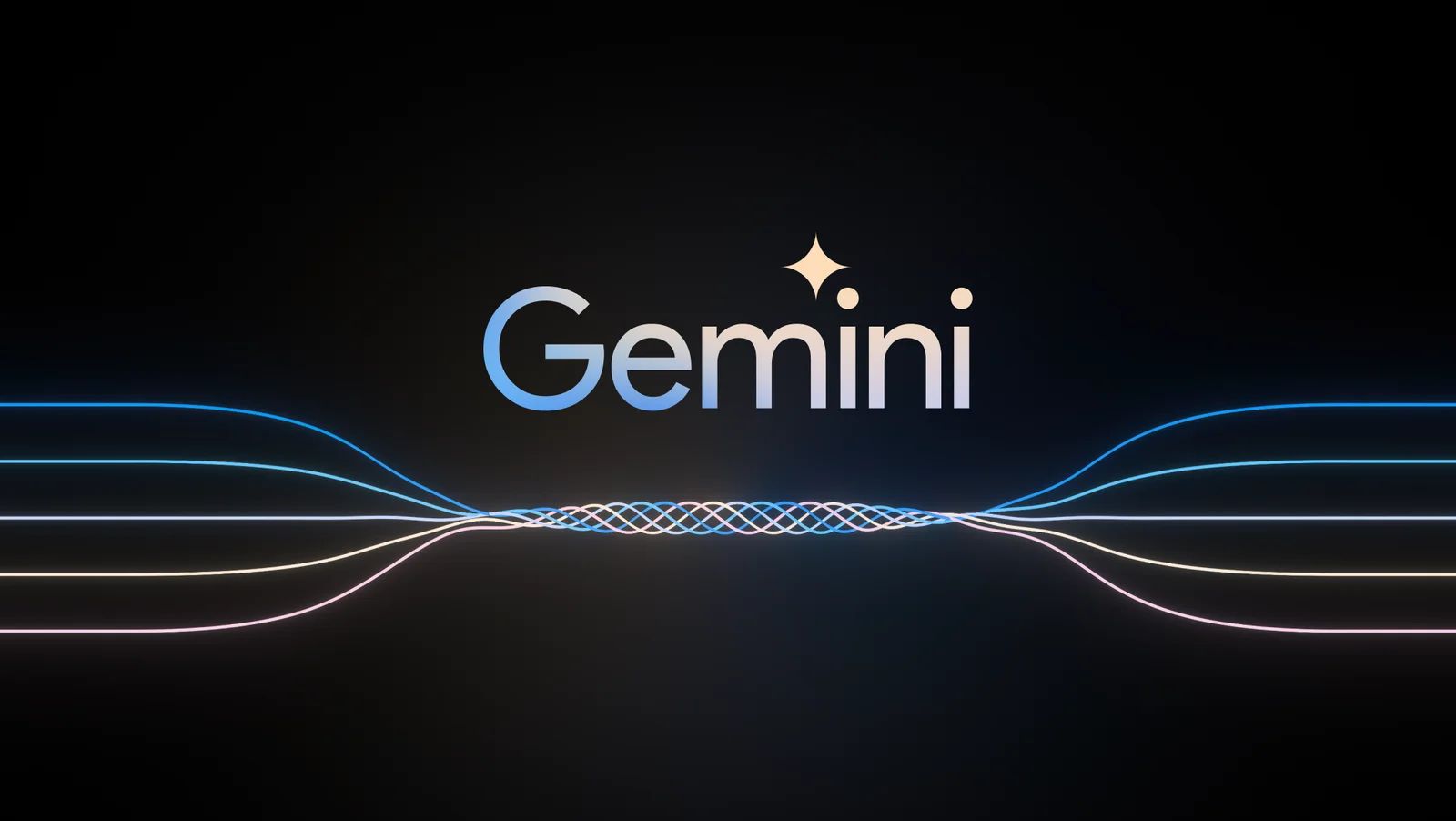Summary
- Big Tech companies like Google and Microsoft have been engaged in a long-standing war in the AI industry, with OpenAI’s ChatGPT and Google’s Gemini initiative taking center stage.
- Microsoft executives expressed concerns over Google’s AI advancements in a newly-public email thread from 2019, showing just how far back the rivalry between the two companies goes.
- Microsoft went on to invest heavily in OpenAI, the company behind Google’s biggest current AI rival, ChatGPT.
If it seems like AI is now everywhere, you can thank Big Tech companies like Google and Microsoft for that. However, the war between businesses in the industry – specifically these two companies – has been brewing long before generative AI went mainstream. As Google faces heat in an antitrust case, newly revealed documents from the court proceedings now show just how far the bad blood goes back.

Google Gemini: Everything you need to know about Google’s next-gen multimodal AI
Google Gemini is here, with a whole new approach to multimodal AI: Here’s what you should know.
According to a now-public email thread (PDF warning) between Microsoft CTO Kevin Scott, CEO Satya Nadella, and Bill Gates, concerns over Google’s AI developments – specifically its auto-complete capabilities in Gmail – sounded an alarm back in 2019 (via Business Insider). Executives at the company seemed to be “very, very worried” over how “scarily good” the feature had become, forecasting how Google’s AI endeavors could further evolve. In turn, Microsoft appeared to assume it was “multiple years behind the competition,” particularly when it comes to machine learning.
Google’s advancements with Gemini
Microsoft did not immediately provide a response to Business Insider pertaining to the newly publicized court documents. However, it’s clear that the company felt threatened by Google’s AI advancements, even as minimal as they were compared to today. As it stands, Google is well on its way in the AI game, finding new ways to advance its Gemini initiative seemingly every day. The large language model (LLM) has become more than just an AI chatbot, featuring capabilities that can help with everything from content summarization to task execution.
As Gemini attracts the interest of additional potential users, Google is expanding its accessibility, too. For instance, the Gemini mobile app recently became accessible to more than 100 countries around the world. Initially, the company had only made it available to those in the US, followed by Europe and Asia. It’s worth noting that its debut on Apple’s iPhone has been delayed, which may not come as a surprise, given the competition between the manufacturer and Google. That being said, there are likely many iPhone users who could make good use of the Gemini app, just as Android users have already been doing.





